The GI tract is a finely balanced environment where roughly 500 different strains of bacteria compete for space and nutrients. When there is a healthy balance (eubiosis), few symptoms exist. However, dysbiosis can occur when an overabundance of potentially harmful organisms prevail. The natural microflora balance can be upset by medications (such as antibiotics, oral contraceptives, etc.), excessive alcohol consumption, or poor dietary intake.
Probiotics have been extensively studied and are characterized as having broad GI and immune benefits, including (1) increasing the population of healthy bacteria following microflora imbalance; (2) supporting healthy bowel function; (3) increasing the production of short-chain fatty acids, which provide energy to the cells of the intestinal lining; (4) strengthening the gut-immune barrier by promoting a healthy gut mucosa; (5) aiding in the digestion of difficult-to-break- down like lactose and casein; and (6) enhancing detoxification of harmful compounds.
Because probiotics are live organisms, there are many challenges associated with manufacturing and distributing probiotic supplements. For a probiotic to be effective, it must be shelf-stable through the expiration date and precisely delivered to the intestinal tract, where it can have maximum benefit. BioShield® technology is an innovative manufacturing process developed to ensure consistent and reliable results. The microorganisms in this product are protected, sealed and freeze dried away from moisture, heat, light and oxygen. This allows the bacteria to remain dormant until they are exposed to moisture in the GI tract. By utilizing advanced encapsulation technology, the probiotic organisms are preserved and released on-target for maximum benefit.

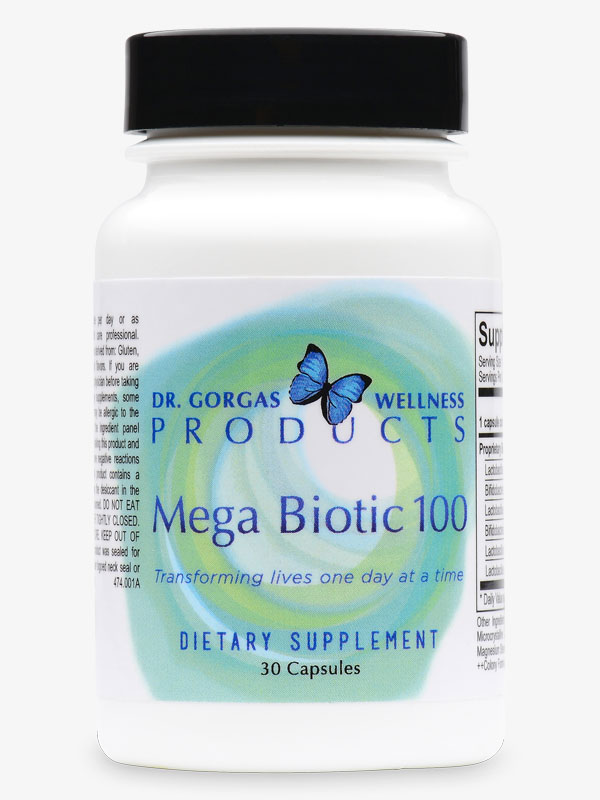
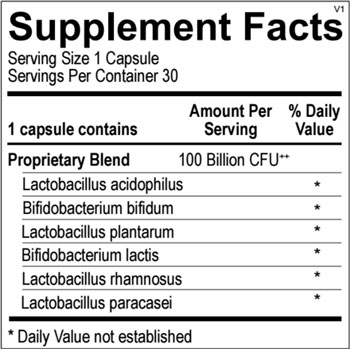
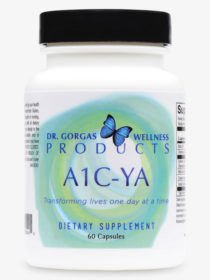

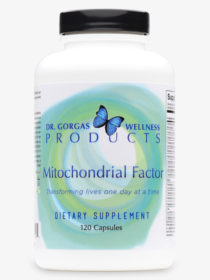
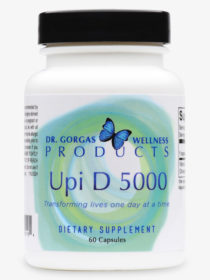
Reviews
There are no reviews yet.